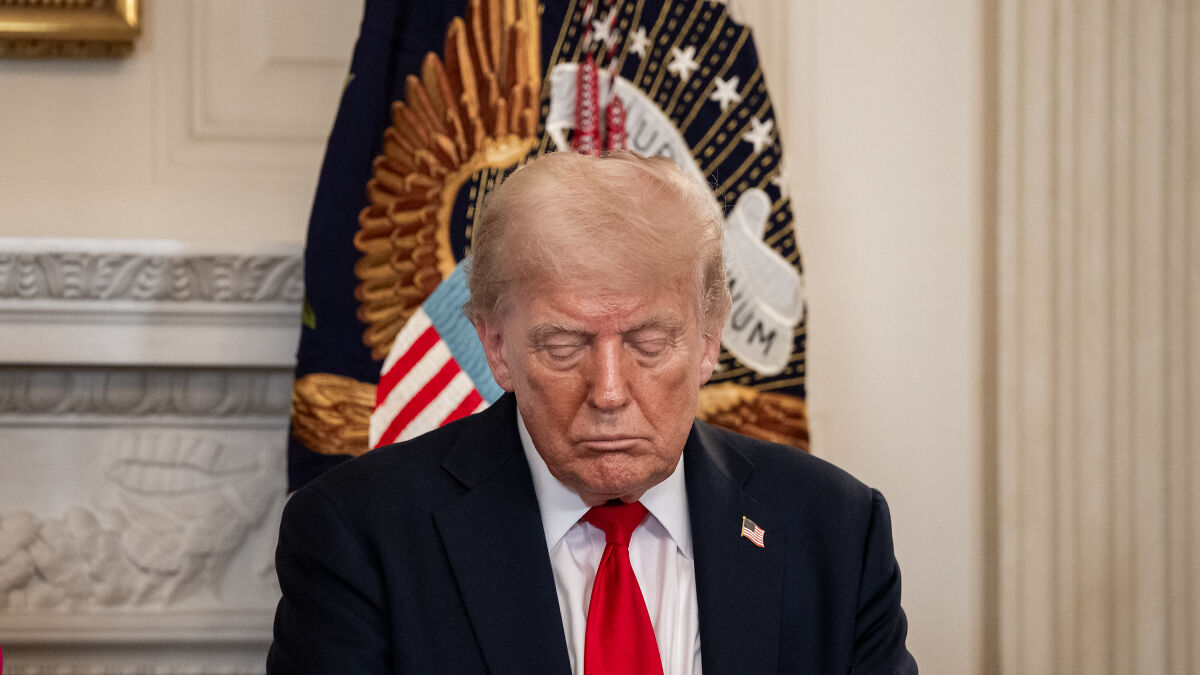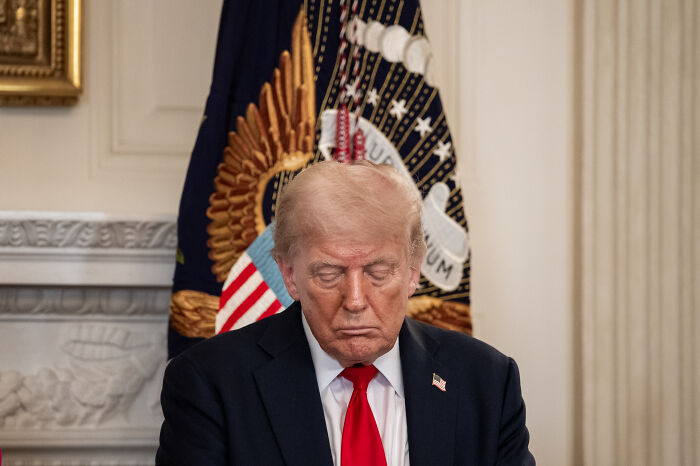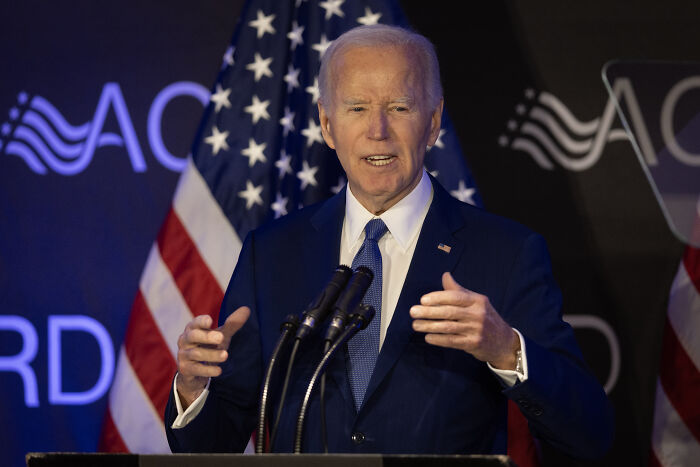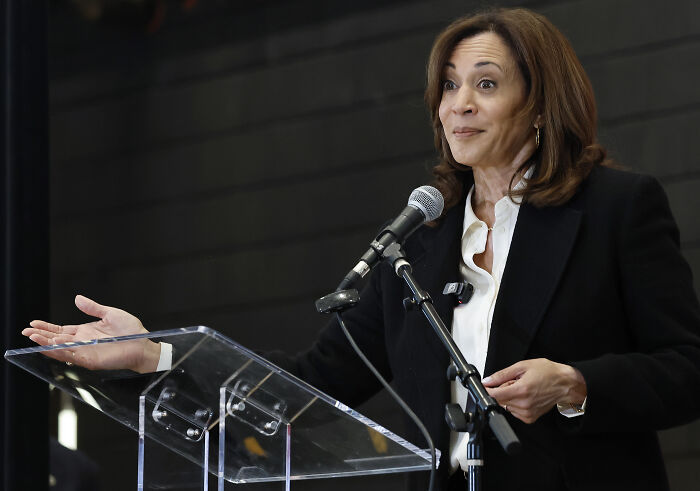A new study has revealed the impact of the 2024 presidential election on young adults.
Researchers studied the impact of the 24-hour news cycle on several young Americans as Donald Trump faced off against Democrat Kamala Harris.
It ultimately found that young American adults faced mental health challenges due to election-related stress.
- The 2024 presidential election caused significant mental health challenges for young adults due to election-related stress and news exposure.
- Using the CARES study, researchers analyzed the mental health of 778 participants from 2022 to early 2025, focusing on the impact of the election period.
- Stress from news and anticipatory stress before the election was linked to higher risks of depression and anxiety disorders.
A new study has assessed the impact of the 2024 election on mental health
Image credits: The White House
While historically elections have been related to debate and public discourse, more recent elections have sparked an unprecedented level of stress for Americans, the study noted.
Researchers felt that there was a gap, and no study had specifically tried to understand how different forms of election-related stress were linked to symptoms of mental health disorders.
They analyzed the mental health of 778 participants from the beginning of the COVID-19 pandemic in 2022 through to early 2025.
Using data from the COVID-19 Adult Resilience Experiences Study (CARES), researchers assessed hundreds of people who completed surveys in 2022 and in the months preceding the 2024 election.
Image credits: Scott Olson/Getty Images
The results showed that the 2024 election in particular was related to several stress-inducing events, including the attempted assassination of Donald Trump and the change of the Democratic presidential candidate from Joe Biden to Kamala Harris.
Other legal controversies and extreme political polarization also led to heightened emotions.
With young adults more likely to consume their news online—where election content, political debates, and potential misinformation are rampant—this can lead to heightened election stress.
The new study considered three aspects of election-related stress: anticipatory stress before the election, stress from the election results, and stress from election-related news.
The majority of the participants identified as cisgender women, with the other participants identifying as gender and/or sexual minorities.
Most held a college degree and identified as liberal.
There was no increased depression or anxiety regarding stress from the election results
Image credits: Mario Tama/Getty Images
The findings showed that news-related stress was significantly linked to increased risks of major depressive disorder and generalized anxiety disorder.
Increased depression was also linked to anticipatory stress, referring to the weeks and months leading up to votes being cast.
But, surprisingly, there was no increased depression or anxiety regarding stress from the election results.
Researchers have noted that this could be down to people becoming disengaged and already believing they knew the election results.
With the sample study mainly being women and gender minorities, coverage of policy proposals at the time, such as the rollback of trans rights and abortion health care, was more likely to have had an impact on mental health.
“This study highlighted the mental health challenges young adults faced from election stress,” a conclusion read.
“News-related stress may have a broad impact on risks for depression and anxiety. Findings emphasize the need to distinguish different aspects of election stress.
“This study informs clinicians to target specific election-related stress contributing to depression and anxiety symptoms.”
The study was conducted by Chang Zhao, Alice Woolverton, Ritika Rastogi, Anthony Menor, Hyeouk “Chris” Hahm and Cindy H. Liu.









30
1